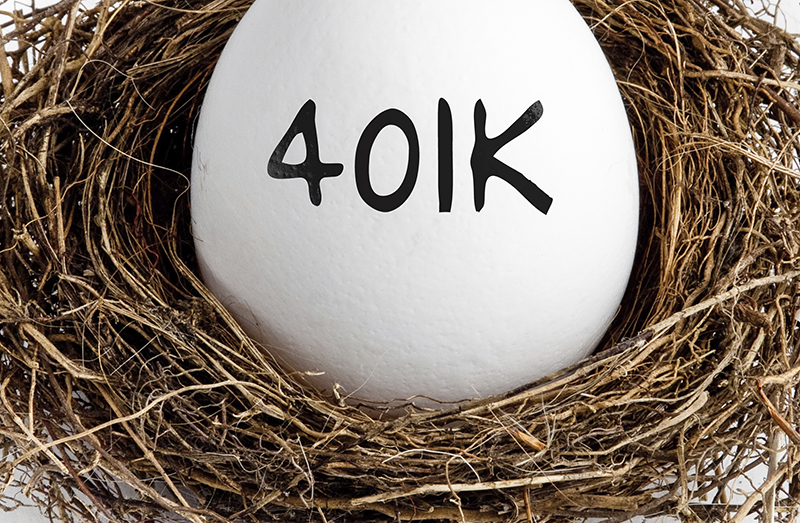How does taking a 401k loan affect taxes?
August 09, 2019 by Selena Quintanilla, CTEC
So, Selena...
I took a small loan from my 401(k) last year to pay off some debts and get ahead on bills. It seemed like the best option at the time, but now I'm starting to worry about how this will affect my taxes. I'm beginning to think this wasn't the best idea.
What are the tax implications of taking a 401(k) loan?
-Lawrence
So, Lawrence... The good news is that a 401(k) loan works like most other loans and is less impactful than taking an early withdrawal from your account. Regarding how the loan will affect your taxes, the short answer is that it won't. 401(k) loans are not reported on your federal tax return unless you default on your loan, at which point it will become a “distribution” and be subject to the rules of early withdrawal.
Distributions taken from your 401(k) before age 59 1/2 are taxed as ordinary income and subject to a 10% penalty for early withdrawal. There are some exceptions to this rule like using the money for medical expenses exceeding 10% of your AGI, separating from your employer at age 55 or older, or becoming permanently disabled.
While less stringent than an early withdrawal, 401(k) loans usually come with a variety of fees. Most loans asses a one-time origination fee, in addition to other maintenance and administrative fees. Failure to repay loans within five years can trigger the income tax and early withdrawal penalty referenced above. Something else to consider is that if you leave your job before the loan is repaid, it becomes due sooner. You should review the details of your loan agreement or fee disclosure statement for the terms specific to your situation.
Opting to take out a loan, 401(k) or otherwise, is hardly an easy decision. If you are feeling bad about your situation, cut yourself some slack and remember that while you pay the loan off, you can begin making better decisions toward a more financially secure future.





